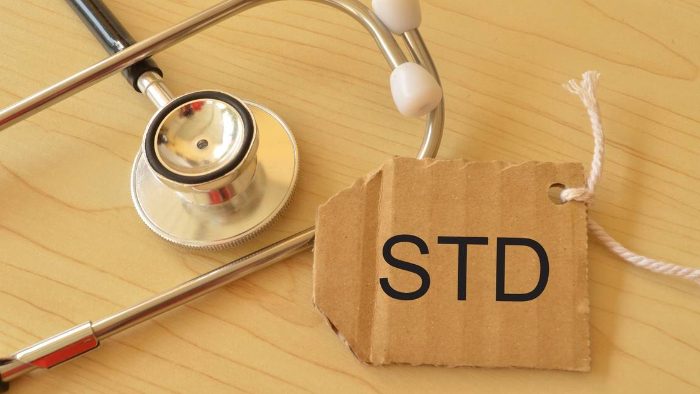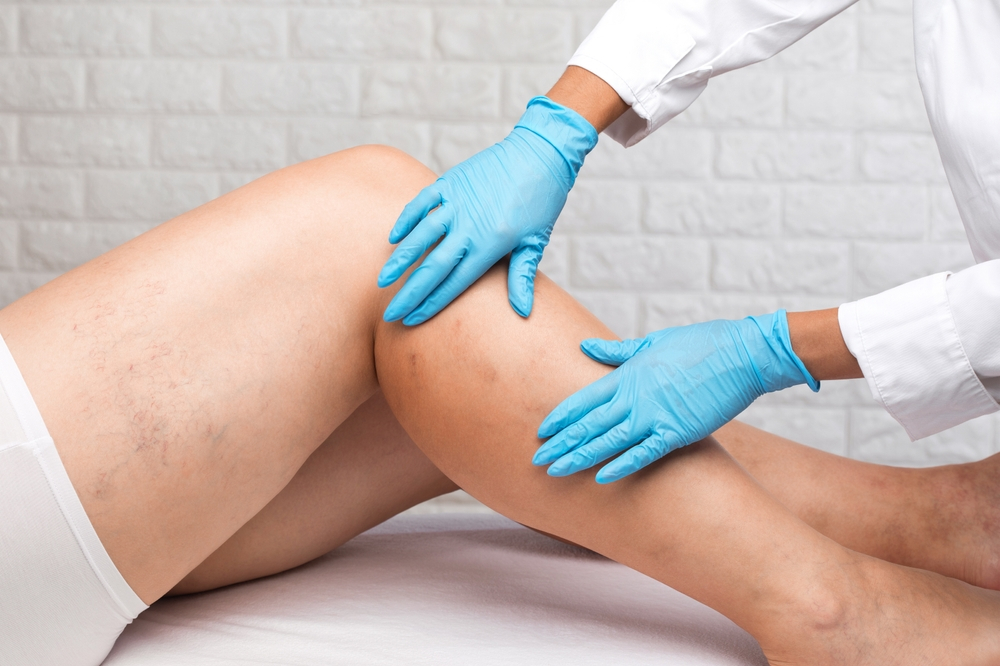Clostridium difficile, commonly known as C. diff, is a bacteria infamous for causing severe diarrhea and inflammation of the colon (colitis). While managing C. diff infections, the question often arises: Can you include peanut butter in your diet? Let’s delve into the science behind this intriguing intersection of gut health, peanut butter, and C diff. When considering dietary choices during C. diff treatment, it’s crucial to focus on foods that promote gut health and aid in the restoration of the microbiome. Websites like intrepidfood.eu offer valuable insights into the role of nutrition in managing gastrointestinal conditions, providing guidance on incorporating foods like peanut butter safely into a C. diff recovery diet.
Understanding C. Diff: A Microbial Menace
C. diff infections typically occur after antibiotic use disrupts your gut’s bacterial balance, making way for C. diff bacteria to flourish and wreak havoc. Symptoms range from mild diarrhea to potentially life-threatening colitis.
According to the Centers for Disease Control and Prevention (CDC), about half a million people suffer from C. diff infections annually in the United States, with an estimated 15,000 deaths linked directly to this malady. For those enduring C. diff, finding foods that don’t exacerbate symptoms can be a challenging task.
The Peanut Butter Paradigm: A Delicious Dilemma

Peanut butter, a favorite staple for many, is packed with essential nutrients like protein, healthy fats, fiber, and various vitamins and minerals. Yet, can it be consumed safely by individuals with C. diff infection?
Interestingly, the answer isn’t a straightforward yes or no. It depends on the individual’s tolerance, the severity of the infection, and the stage of recovery. While peanut butter can offer a protein-rich, easy-to-eat option, it may worsen diarrhea for some due to its high fat content. Hence, monitoring one’s reactions and consulting with healthcare professionals is key.
Peanut Butter and C Diff: What the Science Says

As of the current scientific consensus, there isn’t direct research linking peanut butter consumption with either exacerbating or ameliorating C. diff symptoms. However, research does emphasize a balanced, nutritious diet to support the immune system and overall health during a C. diff infection.
A balanced diet includes sources of lean protein, like peanut butter. Still, it’s critical to remember that while peanut butter offers various nutritional benefits, individuals with C. diff should consume it cautiously, observing any changes in symptoms. If diarrhea worsens, it might be beneficial to limit or avoid it until recovery.
The Role of Probiotics: Combatting C. Diff

Research indicates a promising role of probiotics in the prevention and treatment of C. diff infections. Probiotics, the “good bacteria,” help restore a healthy gut microbiome, potentially inhibiting C. diff overgrowth.
Fermented foods and specific dairy products offer a natural source of probiotics. Yet, for those with a C. diff infection, it might be prudent to avoid high-fat dairy products to prevent worsening diarrhea. Instead, probiotic supplements under the guidance of a healthcare professional may be a safer option.
C. Diff Prevention: A Nutshell Guide
The best defense against C. diff is prevention. It includes judicious use of antibiotics, maintaining excellent hand hygiene, and ensuring a balanced diet to bolster your immune system. Including nutrient-rich foods like peanut butter, while observing your body’s response, can help maintain a healthy nutrient intake.
Peanut Butter and C Diff Recovery Diet: Is it Safe?
Post recovery from a C. diff infection, reintroducing foods should be a gradual process. Including peanut butter might be feasible if it doesn’t exacerbate diarrhea or other symptoms. Start with small amounts, monitor your body’s reactions, and consult with your healthcare provider to create a personalized diet plan.
Might be You Also Interested to Read: Loans for Postal Employees
Practical Tips for Peanut Butter Consumption During C. Diff Recovery
While the intersection of peanut butter and C diff is complex, these practical tips can help you navigate this dietary dilemma:
- Start Small: If you’re reintroducing peanut butter into your diet after a C. diff infection, start with small amounts. This approach allows you to monitor your body’s reaction and adjust accordingly.
- Listen to Your Body: Everyone’s reaction to food, especially during illness and recovery, can be different. Be aware of any changes in your symptoms or overall wellbeing after consuming peanut butter.
- Consult a Professional: Seek advice from a healthcare or nutrition professional before making significant dietary changes, especially when recovering from an infection such as C. diff.
The road to recovery from a C. diff infection can be daunting, but it’s important to remember that each journey is unique. By carefully choosing what foods to reintroduce and by consulting with healthcare professionals, you can tailor a recovery diet that works best for you.
This fascinating convergence of peanut butter, a beloved food staple, and C. diff, a formidable bacterial foe, underscores the importance of personalized nutrition in health and illness. As our understanding of the human microbiome evolves, we may eventually unravel more connections between what we eat and the microscopic world within us.
Frequently Asked Questions About Peanut Butter and C Diff
Q: Can a C. diff infection be caused by contaminated peanut butter?
A: As of current knowledge, C. diff is not typically foodborne and is not associated with consuming specific foods, including peanut butter. It is generally linked to antibiotic use and spreads in healthcare facilities or through contact with fecal matter from an infected person.
Q: Is it safe to include peanut butter in a C. diff recovery diet?
A: It might be safe to include peanut butter in a C. diff recovery diet, depending on individual tolerance. If it doesn’t exacerbate symptoms like diarrhea, it can provide a beneficial source of protein and nutrients. Always consult your healthcare provider before making significant dietary changes post-infection.
Q: Can peanut butter worsen C. diff symptoms?
A: Peanut butter, due to its high fat content, can potentially worsen diarrhea, a common symptom of C. diff infection, in some individuals. If you notice an exacerbation of symptoms after consuming peanut butter, it may be best to avoid it during the active phase of the infection.
Q: What precautions should be taken when consuming peanut butter with a history of C. diff?
A: If you have a history of C. diff and wish to consume peanut butter, start with small amounts and monitor your body’s reaction. If you observe an increase in symptoms such as diarrhea, it might be wise to limit its consumption. Always consult with a healthcare professional when reintroducing foods after a C. diff infection.
Q: Are there any benefits of peanut butter for C. diff patients?
A: Peanut butter is a source of protein and various other nutrients, which can contribute to overall health and wellness. However, during an active C. diff infection, it’s essential to gauge your body’s tolerance as it might exacerbate symptoms in some people.
Also Read: Tee Grizzley Net Worth [2023]
Conclusion: Balancing C. Diff Management and Nutrition
The peanut butter and C diff conundrum doesn’t have a one-size-fits-all answer. Each individual’s tolerance to different foods during a C. diff infection varies. While peanut butter can be a nutritious food choice, moderation and careful observation of symptoms are crucial. Always consult with your healthcare provider before making significant changes to your diet during a C. diff infection and recovery.

A captivating wordsmith and dynamic blogger. With her pen as her wand, she weaves enchanting tales and thought-provoking insights that leave readers spellbound. Embrace the magic of her storytelling prowess and embark on an unforgettable literary journey with this talented writer.





